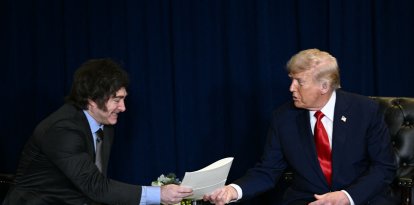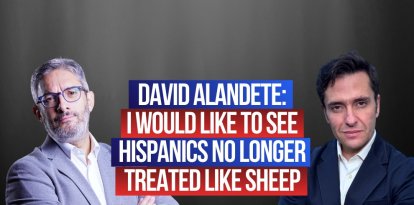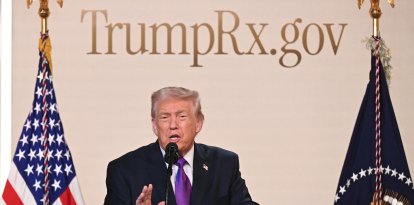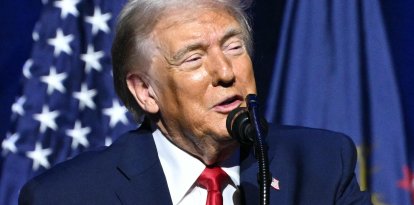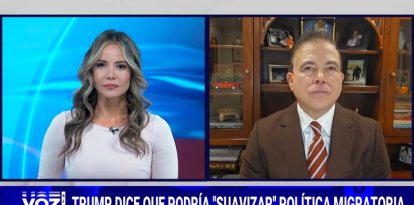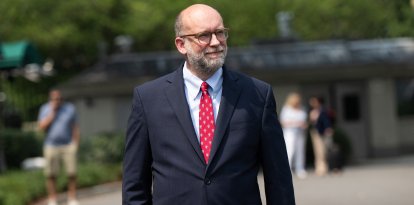Albert Ramdin elected as OAS secretary general amidst political tensions and with overwhelming support from the Caribbean and Latin America
The Surinamese diplomat will succeed current Secretary Luis Almagro, whose term ends in May 2025.

Albert Ramdin
Albert Ramdin, the foreign minister of Suriname, was proclaimed on March 10 as secretary general of the Organization of American States (OAS), after several Caribbean and Latin American countries endorsed his candidacy.
It is the first time that the OAS, since its creation in 1948, has had a secretary who belongs to the Caribbean Community (CARICOM). The diplomat will succeed Uruguayan Luis Almagro after almost a decade in office.
Of the 34 countries eligible to vote, Ramdin had the support of the 14 CARICOM member states, plus Brazil, Bolivia, Colombia, Chile, Mexico and Uruguay. He was also joined by the executives of Costa Rica, Ecuador and the Dominican Republic.
At Monday's special general assembly to elect the new secretary, held in the organization's Hall of the Americas in Washington, Ramdin was elected as head of the hemispheric organization for the period 2025-2030.
The OAS Permanent Council, with the presence of several foreign ministers of the region, elected Ramdin by acclamation, instead of voting.
Suriname, one of the smallest countries in South America, with barely 600,000 inhabitants, had its foreign minister as the only candidate after Paraguayan Foreign Minister Rubén Ramírez Lezcano dropped out of the race weeks earlier.
The scales tipped totally in favor of Albert Ramchand Ramdin when Mauricio Claver-Carone, U.S. special envoy for Latin America, declared at the State Department that the Ramdin had "a very good chance" of filling Almagro's seat at the OAS.
The Surinamese minister had already served as deputy secretary of the international body between 2005 and 2015.
However, now the diplomat will have to face a complex regional scenario marked by dictatorships in countries such as Cuba, Venezuela and Nicaragua, the interests of leftist governments that played in his favor (Brazil, Colombia and Bolivia), organized drug trafficking, the migratory crisis, the influence of China in countries in the hemisphere and the position of the Trump administration towards multilateral organizations.
















